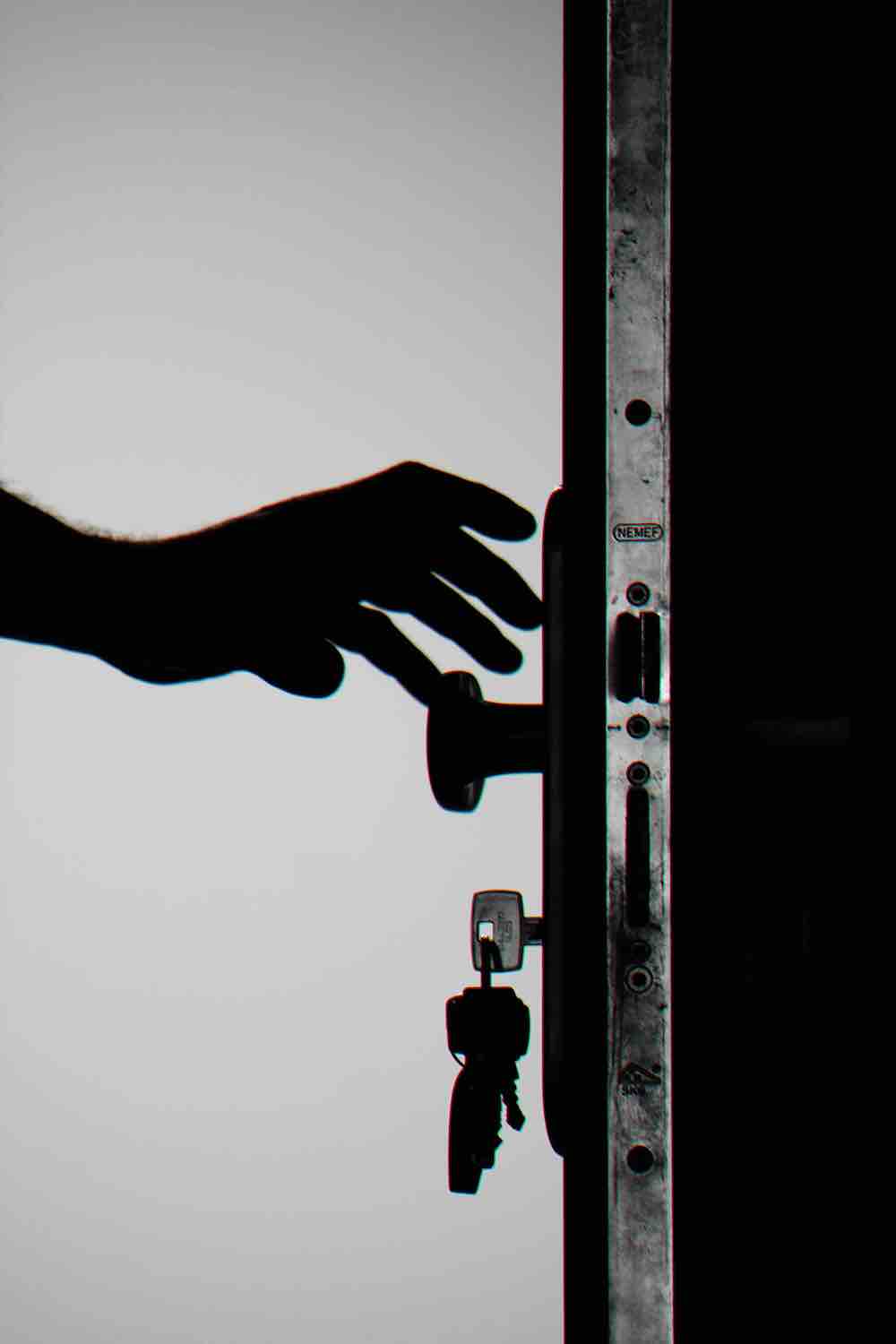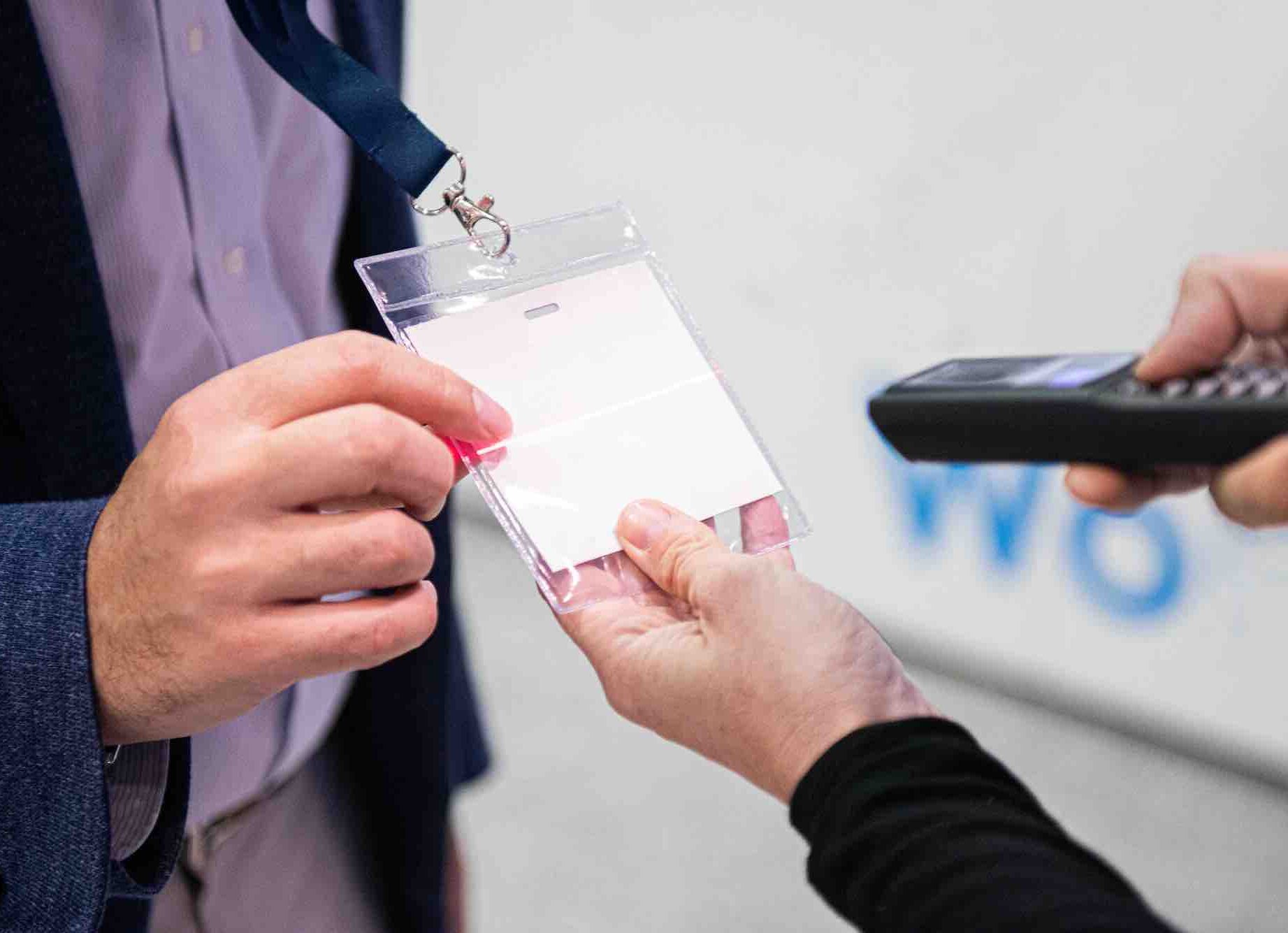Most crew will be required to perform some or all of the following duties onboard an ISPS compliant superyacht (over 500 GT) therefore, the necessary certification is required, Designated Security Duties.
Onboard a superyacht, several crew duties are designated as security duties, crucial for ensuring the safety and security of the vessel, its passengers, and its assets. These duties encompass a range of responsibilities and tasks aimed at proactively managing security risks and responding effectively to security incidents. Here are some key security duties typically assigned to superyacht crew members:
Access Control: Crew members responsible for access control ensure that only authorized individuals are permitted to board the vessel and enter restricted areas. This involves verifying the identity of guests, crew, and visitors, monitoring access points, and enforcing security protocols to prevent unauthorized entry.
Surveillance and Monitoring: Crew members tasked with surveillance and monitoring utilize CCTV cameras, radar systems, and other monitoring equipment to maintain situational awareness and detect potential security threats. They monitor the vessel’s surroundings for suspicious activity, unauthorized vessels, or any signs of security breaches.


Patrols and Inspections: Crew members conduct regular patrols and inspections of the vessel to identify and address security vulnerabilities. This includes inspecting storage areas, engine rooms, and other sensitive areas for signs of tampering, ensuring that security equipment is functioning correctly, and conducting thorough searches during port visits.
Emergency Response: Crew members trained in emergency response procedures play a critical role in managing security incidents, such as onboard intrusions, medical emergencies, or threats to the vessel’s safety. They are responsible for initiating emergency protocols, coordinating response efforts, and communicating with relevant authorities to mitigate the threat effectively.
Communication and Coordination: Effective communication and coordination are essential for managing security-related tasks and responding to incidents promptly. Crew members designated with security duties are responsible for maintaining communication channels with other crew members, the vessel’s management team, and external security authorities to ensure a coordinated response to security threats.
Security Equipment Operation: Crew members trained in the operation of security equipment, such as alarms, surveillance cameras, and access control systems, play a vital role in maintaining the effectiveness of these systems. They ensure that security equipment is properly maintained, calibrated, and operated to enhance the vessel’s overall security posture.
Security Training and Education: In addition to performing specific security duties, crew members may also be responsible for providing security training and education to other crew members and guests. This includes raising awareness of security risks, instructing on emergency procedures, and promoting a culture of security vigilance throughout the vessel.
By assigning these security duties to trained and qualified crew members, superyacht operators can enhance the vessel’s security resilience, mitigate potential threats, and ensure the safety and well-being of everyone on board.
The MCA approved course is fully online at VIRSEC including the final exam and certification, for a 10% discount use this link courtesy of My Crew Kit via this link VIRSEC | MCA Approved ISPS (E-Learning) – My Crew Kit
